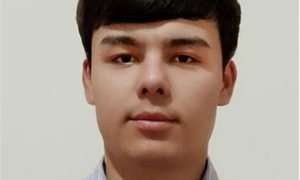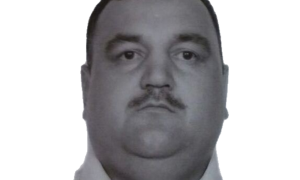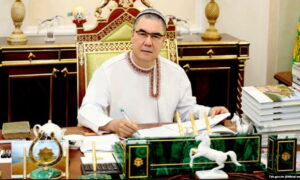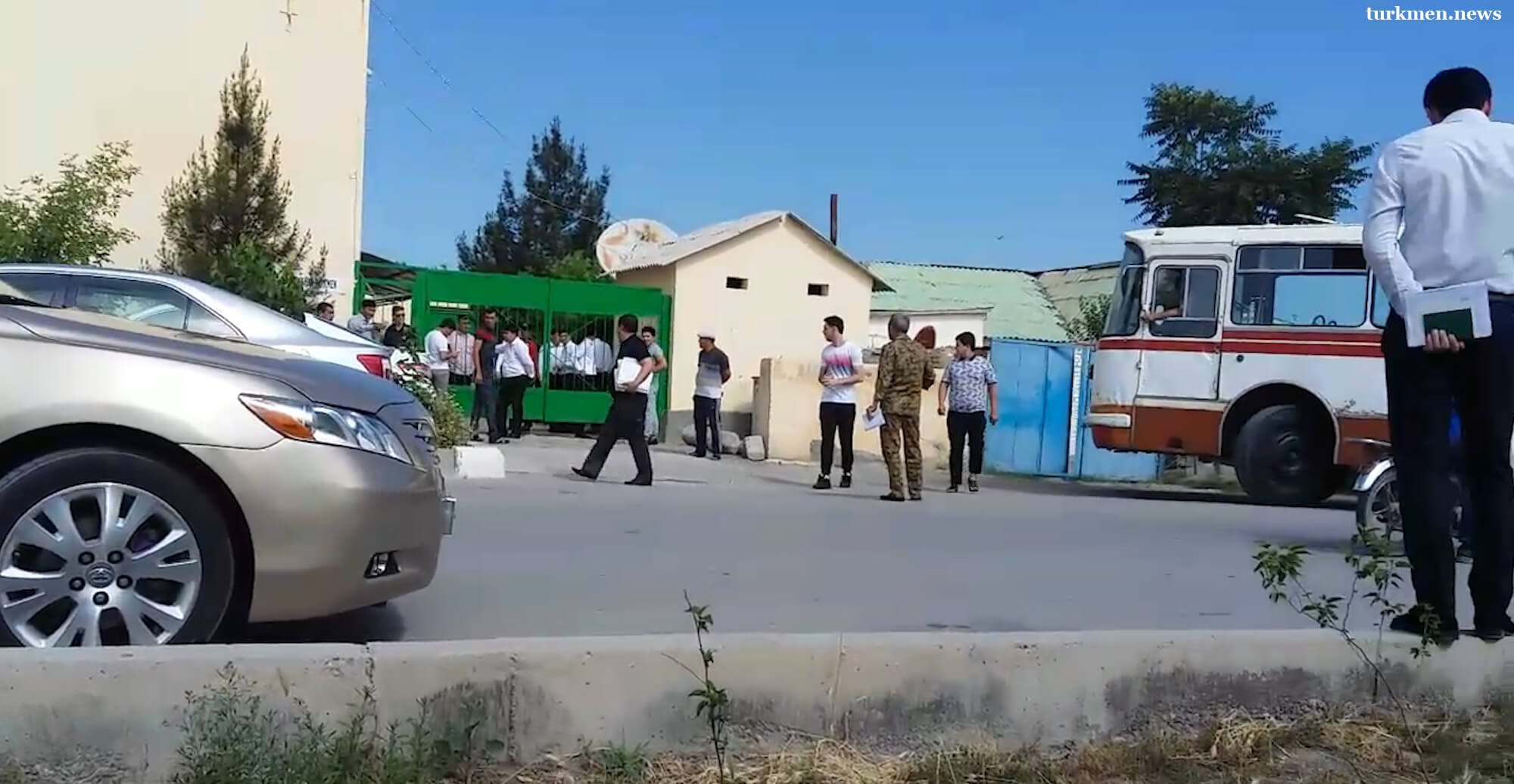In the third jailing of a conscientious objector in 2019, 19-year-old Jehovah’s Witness Bahtiyar Atahanov was jailed for four years. This is the longest jail term known to have been handed to a conscientious objector, because the authorities deemed him a soldier after forcibly conscripting him. Other prisoners of conscience have received far longer jail terms.
 Â
ÂThis is the longest jail term known to have been handed to a conscientious objector, though other prisoners of conscience have received far longer jail terms to punish their exercise of the right to freedom of religion or belief (see below).
“Since Bahtiyar Atahanov was forcefully brought to the military unit, the authorities view him as a serviceman avoiding performing his duties,” Jehovah’s Witnesses told Forum 18. “This was despite the fact that he clearly expressed his beliefs in his written statement on 19 April 2019 and until now has been refusing to take the military oath and wear military uniform.”
In an unusual move, Atahanov’s trial was held at the military unit in Tejen to which he had been forcibly sent (see below).
Atahanov’s jailing brings to 10 the number of Jehovah’s Witness conscientious objectors known – as of 23 July – to be serving jail terms. Nine of them, all jailed under Criminal Code Article 219, Part 1 (“Rejecting call-up to military service”), are imprisoned in Seydi Labour Camp (see below).
Turkmenistan has ignored repeated international calls to introduce an alternative to compulsory military service (see below).
No alternative to compulsory military service
Turkmenistan offers no alternative to its compulsory military service. Military service for men between the ages of 18 and 27 is generally two years. Article 58 of the 2016 Constitution describes defence as a “sacred duty” of everyone and states that military service is compulsory for men.
Young men who refuse military service on grounds of conscience generally face prosecution under Criminal Code Article 219, Part 1. This punishes refusal to serve in the armed forces in peacetime with a maximum penalty of two years’ imprisonment or two years’ corrective labour.
From 2014, courts punished conscientious objectors with corrective labour or suspended prison terms, rather than imprisonment. However, jailings resumed in January 2018. Courts jailed 11 conscientious objectors in 2018, two of them for two years and 9 for one year.
Turkmenistan has ignored repeated international calls to introduce an alternative to compulsory military service.
The United Nations Human Rights Committee has issued 11 decisions in favour of conscientious objectors from Turkmenistan, all of them Jehovah’s Witnesses. In its most recent such decision, published on 4 April 2019 (CCPR/C/125/D/2316/2013), it ruled that the human rights of former conscientious objector Arslan Dawletow (Dovletov), who was jailed for 18 months from December 2012, had been violated.
The man who answered the phone on 23 July 2019 of the regime-appointed Chair of the Mejlis (Parliament) Human Rights Committee Yusupguly Eshshayev immediately put the phone down.





